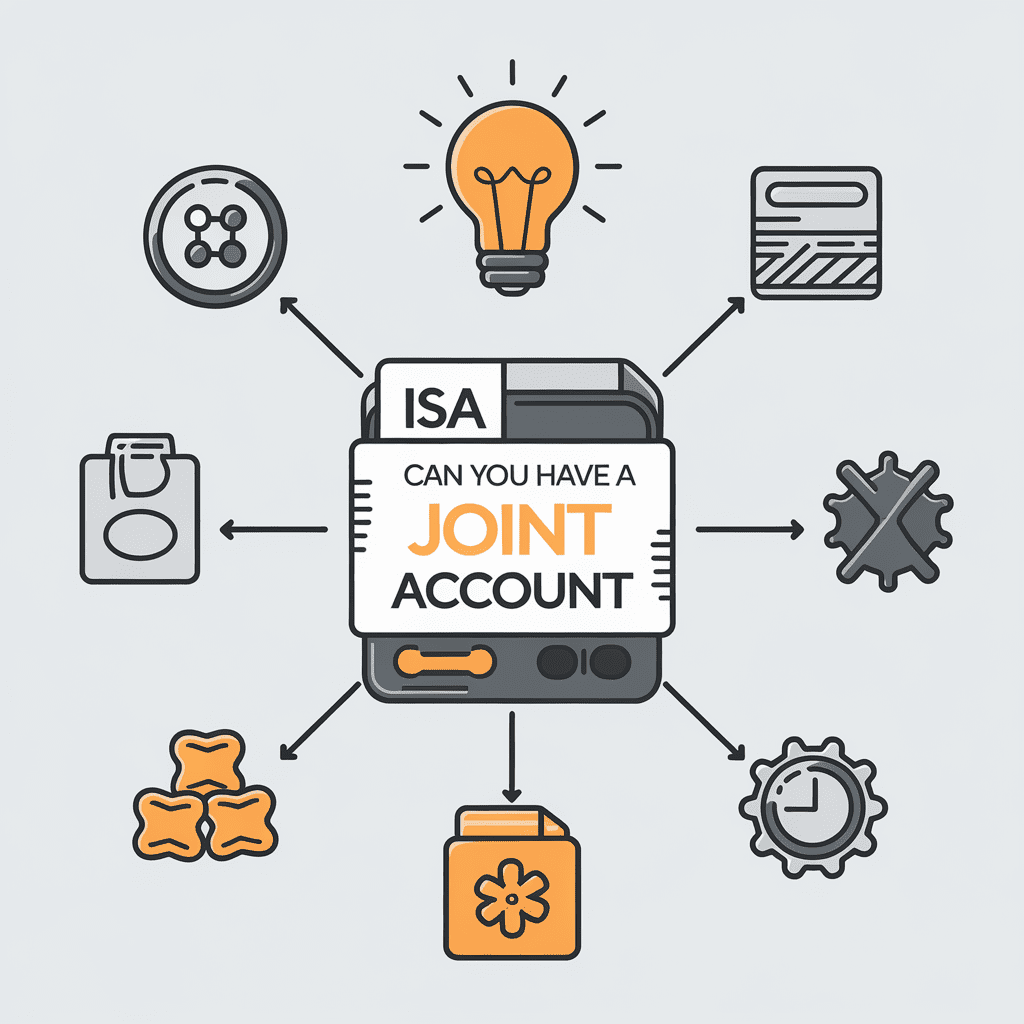Individual Savings Accounts (ISAs) require single ownership, preventing joint accounts even for married couples. However, strategic planning enables couples to maximise tax-efficient savings through individual allowances.
ISA Ownership Rules
UK regulations mandate individual ISA ownership, with each person maintaining separate accounts. The 2023/2024 tax year allows £20,000 contributions per individual across various ISA types, enabling couples to shelter £40,000 collectively.
Multiple ISA Management
Account holders may operate several ISAs within a tax year while observing total allowance limits. Exceeding allowances triggers penalties, with excess contributions requiring return or subscription voiding.
Inheritance Considerations
Surviving spouses inherit ISA tax benefits, maintaining tax wrapper advantages without additional contributions post-death. Direct transfers between spouses remain prohibited during lifetime, requiring separate account maintenance.
Contribution Guidelines
ISA regulations require personal contributions from named account holders. Gifting funds between spouses for ISA contributions breaches regulations, necessitating individual funding sources.
Strategic Investment Planning
Maximising ISA allowances annually provides significant tax advantages for couples. These tax-efficient vehicles offer flexibility alongside traditional pension arrangements, supporting long-term wealth accumulation.
Tax Efficiency
ISAs shield investments and interest from taxation while maintaining accessibility. Strategic deployment across different ISA types enables optimal tax planning for varying financial objectives.
Regulatory Compliance
Account holders must maintain strict adherence to contribution limits and ownership rules. Professional guidance ensures compliant ISA utilisation within broader financial planning strategies.
Contact our specialist advisers for personalised guidance on maximising ISA benefits within your wealth management strategy.






